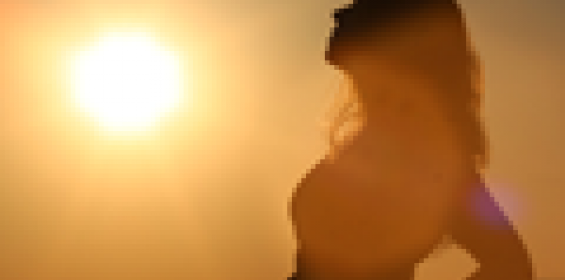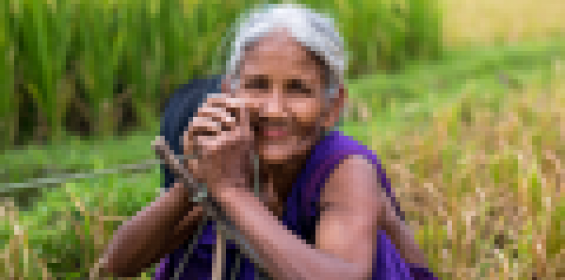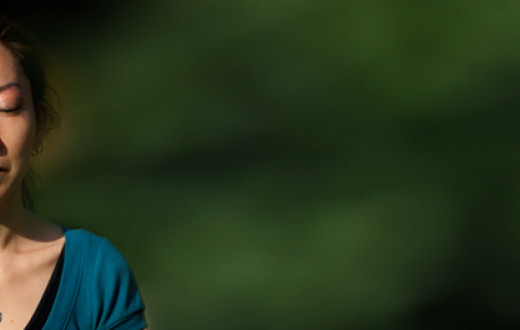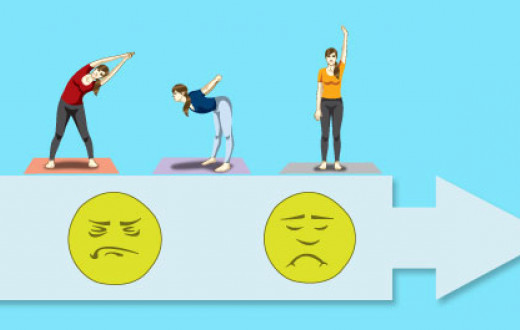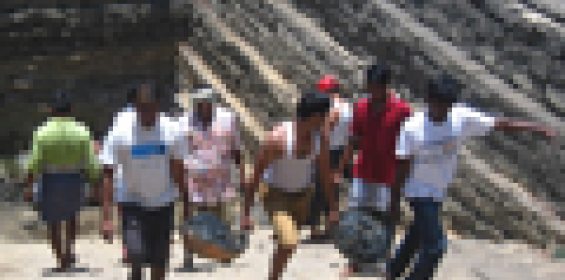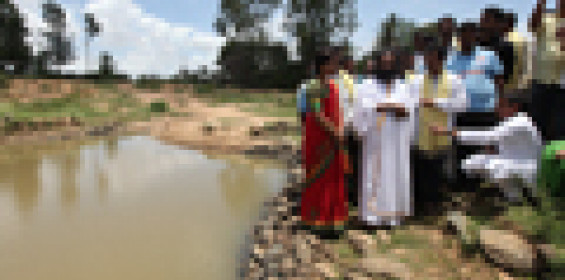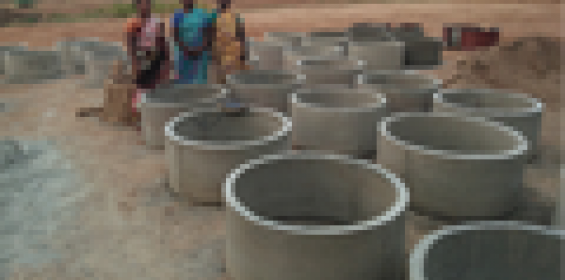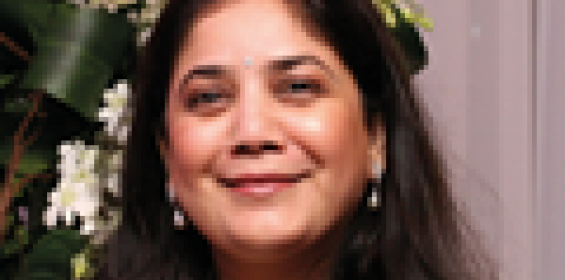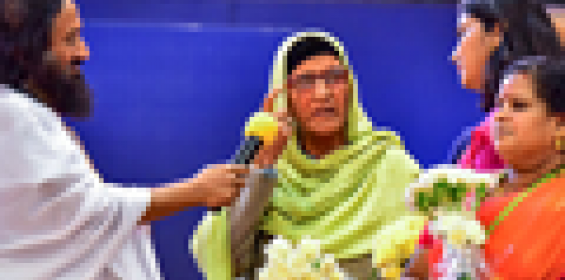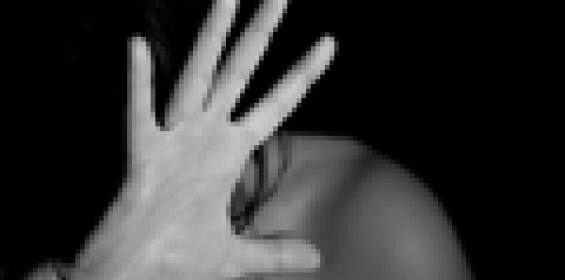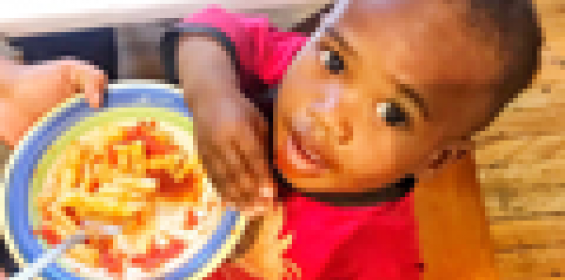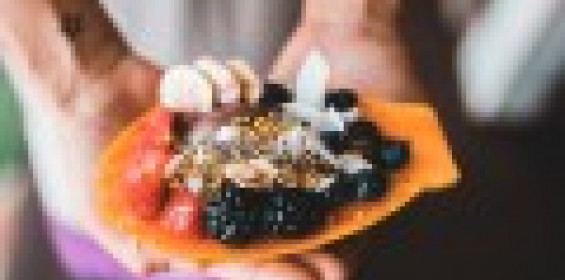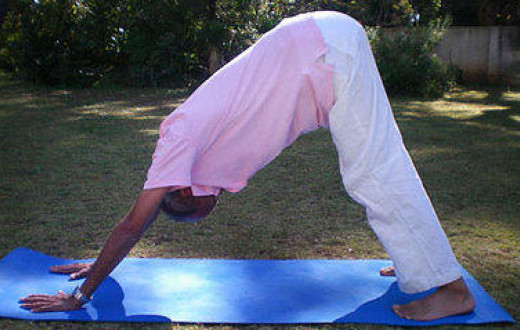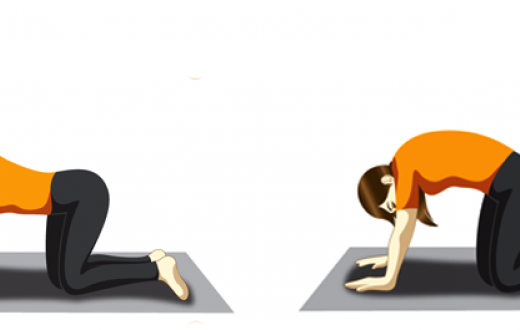Women’s Mental Hygiene
Most women generally experience health issues concentrated in the following areas: back, abdomen, and stomach. In this article, we will cover what women can do in these conditions and the diet that will sustain and maintain a woman’s health.
In these conditions, it is best to have a liquid diet (fresh vegetables and fruit juices, smoothies, herbal water, soups, etc.) and a balanced diet (adequate amount of protein, vitamins, carbohydrates, and minerals). A balanced food diet is very essential as it includes food according to body condition, body type, and environment.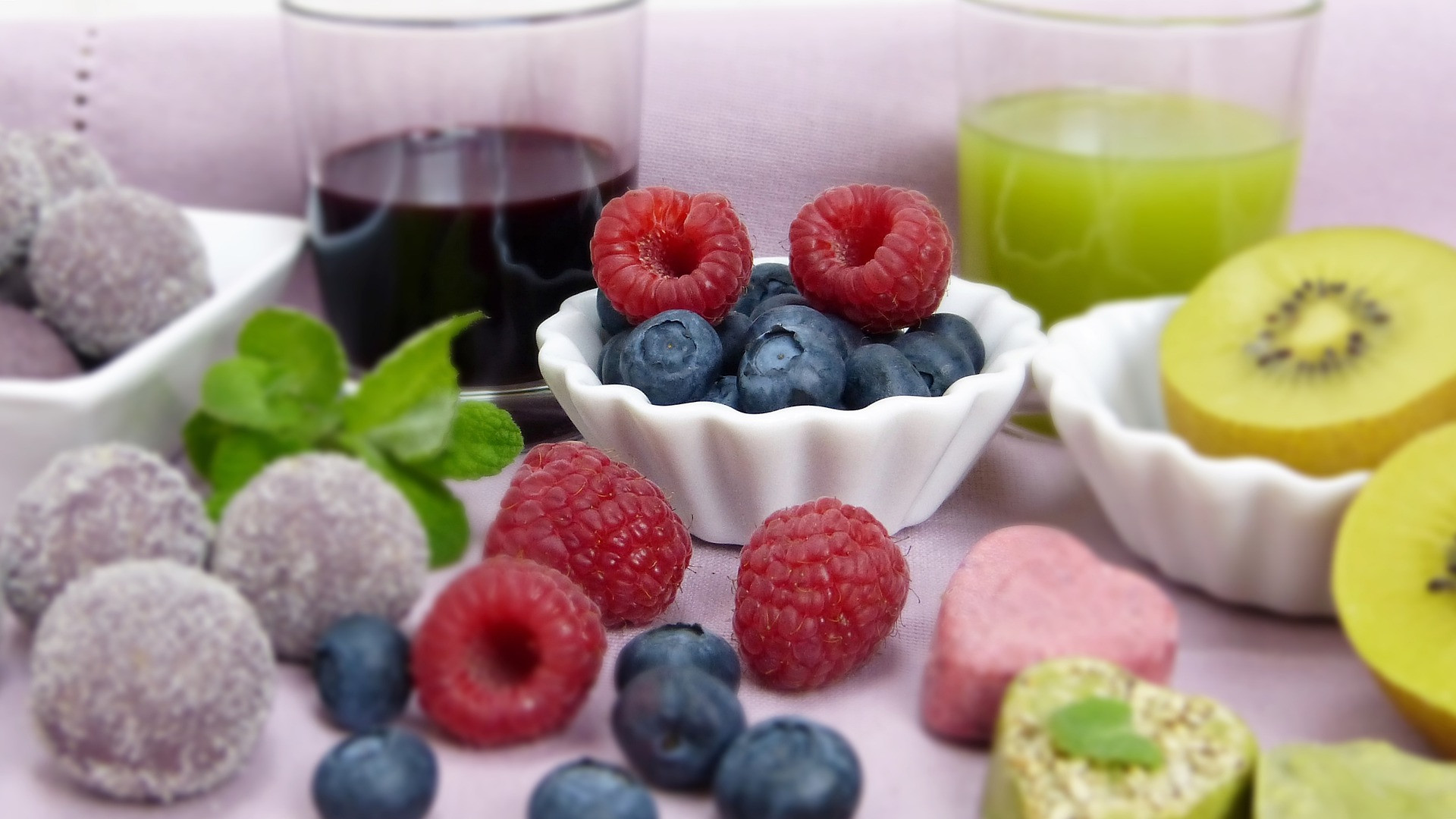
Generally, Calcium, Iron and Folic Acid are lacking in most postpartum women or women over the age of 40.
Calcium
We have more calcium in our bodies than any other minerals. Calcium plays a vital role in the body as it stores more than 99% of its calcium in the bones and teeth to help make and keep them strong. The rest is throughout the body in blood, muscle and fluid between cells. Our body needs calcium to secrete hormones and enzymes and to send messages through the nervous system. Adequate amounts of calcium will help women’s bones reach optimum bone density. This can help protect women from getting osteoporosis later in life. Mature women need calcium to prevent bone degeneration, especially after menopause. There is also a growing body of research that suggests that calcium may prevent PMS. An adequate amount of Vitamin D is required to help calcium absorption. One of the best natural sources of Vitamin D is sunlight, at least 20-30 minutes of exposure to sunlight is required to allow the body to synthesize Vitamin D.
It is important to get plenty of calcium in food such as papaya, fresh yogurt, almonds, milk, cabbage, paneer, finger millet (ragi), sweet lime, oranges, coarse wheat flour, water chestnut, lotus seed, drumstick, white radish juice, lemon, onion, sesame seeds, green leafy vegetables, grains, sweet potatoes, sunflower seeds, dry figs, limestone, black raisins, and radish pods.
Iron
Iron (Fe) is a component of red blood cells and the muscles that assist in the transportation of oxygen throughout the body. Women lose twice as much iron as men and are more likely to be deficient, particularly during the childbearing years. Iron deficiency can lead to anemia when the iron stores in the body become depleted, as a result, hemoglobin synthesis is affected.
Symptoms and signs of anemia include: feeling tired and weak, lacking stamina and decreased work, difficulty in maintaining body temperature, decreased immune function (which increases susceptibility to infection), breathlessness, headaches, insomnia, loss of appetite, poor concentration, and paleness.
During pregnancy, this deficiency can also lead to premature delivery and low birth rates; during childhood: low cognitive and social development.
Some rich dietary sources of Iron are almond, beetroot, dates, ladies’ fingers, papaya, radish, spinach, apples, sweet potatoes, watermelon, oats, sprouted whole wheat, tomatoes, jaggery, nuts, carrots, potatoes, wheat bran, red lentils, and brown chickpeas.
Folic acid
Folic acid is a B vitamin. It helps the body make healthy new cells. "Folic acid" and "folate" mean the same thing. Folic acid is a man-made form of folate.
Folate is found naturally in some foods such as brown rice, cow’s milk, green grapes, cauliflower, carrots, whole and split green gram, wheat, cabbage, tomatoes, green leafy vegetables, peanuts, brown chickpeas, radish, red tomatoes, ghee, bananas, sweet potatoes, peas, and sweet fruits.
As women have more tolerance and patience, they can handle situations bravely and strongly.
As per Ayurveda, dates, garlic, amla juice, banana, cumin seeds, rock sugar, small amounts of ghee, honey, black sesame seeds, jaggery, onion, tulsi juice, fenugreek seed’s powder, dill seeds, amaranth leaf, betel nut and leaf, dry ginger powder, omum (ajwain), cloves, dry coriander seeds, oranges, barley, and black-eyed kidney beans are beneficial in a different way. If one uses these, it will help with so many problems regarding pregnancy, lactation, menopause, osteoporosis, white discharge, back pain, joint problems, etc.
Kaushani Y Desai Art of living faculty from 2006. Traveled in more than 40 countries to share knowledge about food, health, and happiness.









